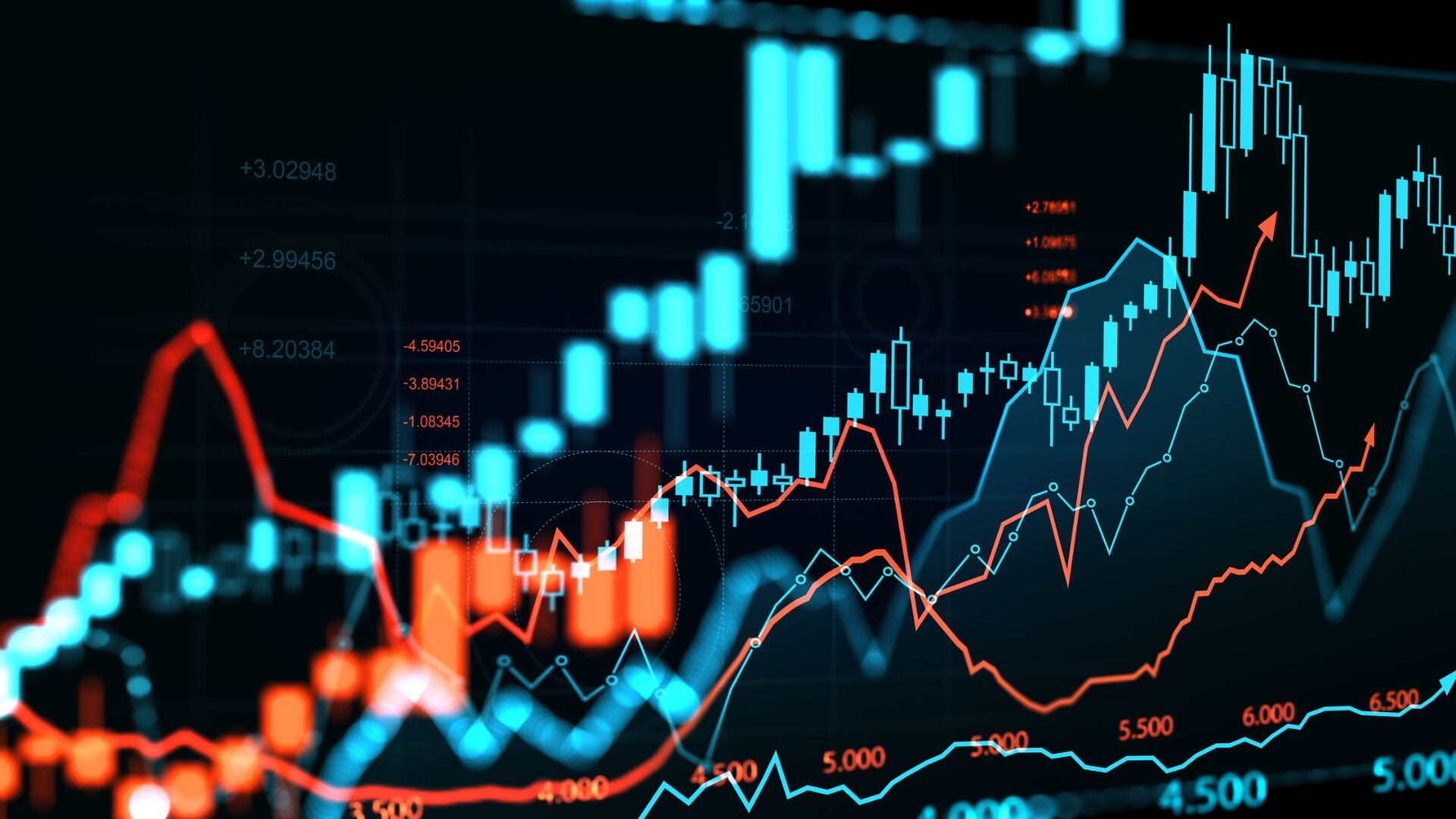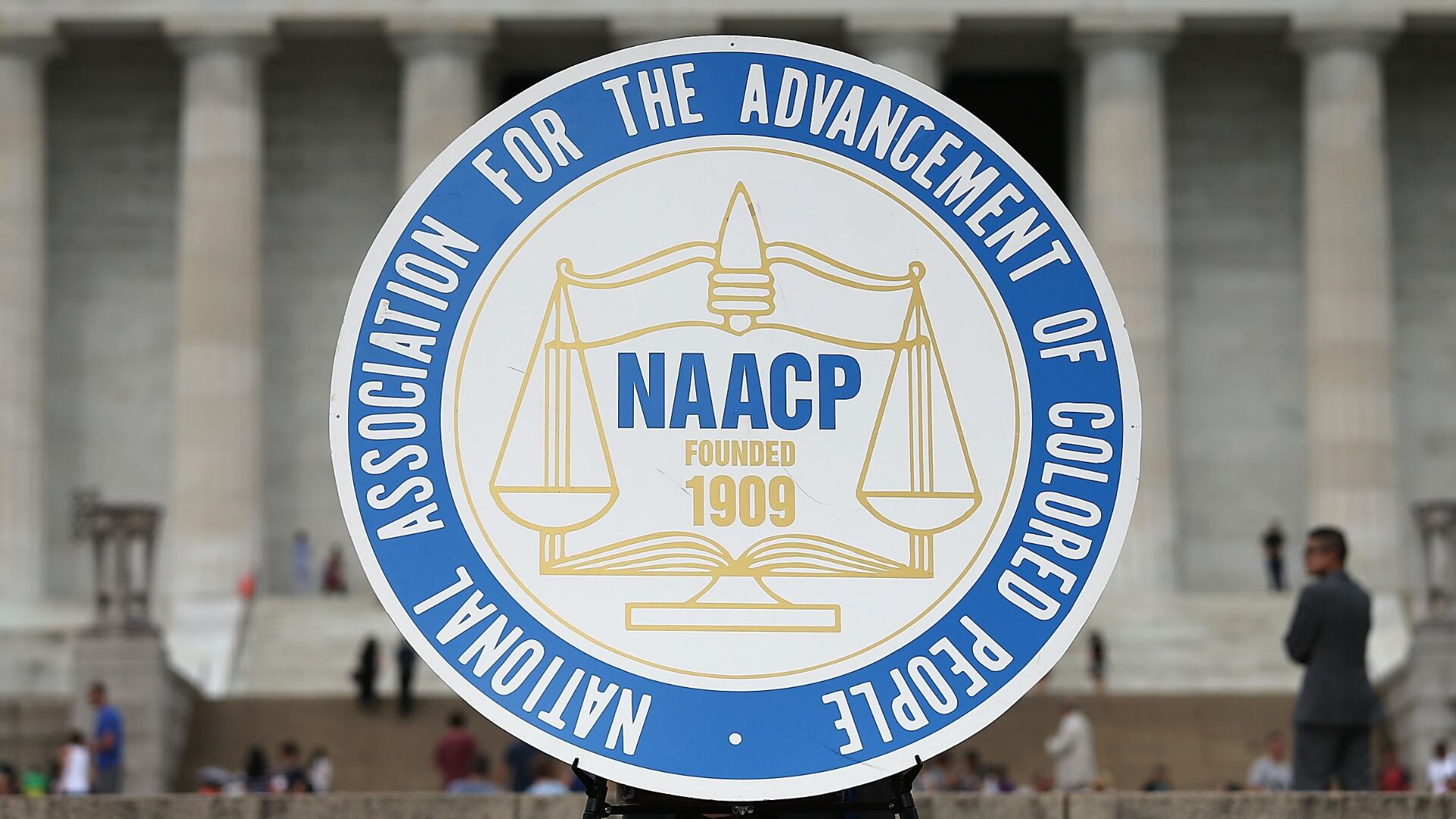By Stan Choe
Stocks are drifting higher as Wall Street’s lull continues following a strong start to the year.
The S&P 500 was 0.3% higher in early trading. It's been generally edging lower since a five-week rally carried it to its highest level in more than a year in mid-June.
The Dow Jones Industrial Average was up 66 points, or 0.2%, at 33,781, as of 9:50 a.m. Eastern time, and the Nasdaq composite was 0.6% higher.
Airlines were helping to lead the way after Delta Air Lines said it still sees pent-up demand in the pipeline as passengers make up for lost opportunities to travel during the pandemic. It highlighted high-income customers in particular, who account for three-quarters of spending on air travel and still look to be in good financial shape.
Delta's stock rose 1.7% after it said it expects earnings this year to come in at the top end of the range it had earlier forecast. American Airlines climbed 2.6%, and United Airlines rose 1.6%.
High inflation is hurting other companies more directly, though. Walgreens Boots Alliance dropped 10.1% after it reported weaker profit for the latest quarter than analysts expected. It also cut its forecast for earnings this fiscal year, saying customers have become more cautious in their spending and are looking for more value amid high inflation.
The U.S. stock market has been on a tear this year despite much higher interest rates meant to get inflation under control, in part because the economy has so far managed to avoid a recession. But many investors are just delaying their predictions for the start of a recession rather than cancelling them.
Data recently has been mixed, with a resilient job market propping up weakening manufacturing and other areas of the economy. A report on Tuesday morning said that orders for long-lasting manufactured goods unexpectedly rose last month, when economists were expecting a contraction.
Other reports later in the morning will show how confidence among consumers and sales of new homes are faring.
All the economic data will feed into decisions by the Federal Reserve and other central banks around the world about whether to keep cranking interest rates higher. High rates can undercut inflation, but they do so by slowing the entire economy and raising the risk of a recession.
Christine Lagarde, the head of the European Central Bank, warned Tuesday that inflation is declining slowly and pledged to raise rates high enough “to break this persistence.” She once again made it seem nearly certain the central bank will raise rates again in July.
That’s also the expectation for the Federal Reserve. But the hope on Wall Street is also that a hike next month could be the final one for the Fed, even if it has suggested recently that it could raise rates twice more this year.
Lordstown Motors plunged 50.8% after the electric pickup truck company filed for Chapter 11 bankruptcy protection. It had warned in early May that it was in danger of failing due to a dispute with electronics company Foxconn, which was wavering on a $170 million investment in the startup company.
On the winning side of Wall Street was Eli Lilly, which rose 1.9% after reporting encouraging data for a potential weight-loss drug.
In Asian markets, stocks in Shanghai rose 1.2% China’s No. 2 leader, Premier Li Qiang, said economic growth has accelerated and can hit this year’s official 5% target. Li, speaking at a conference, gave no growth rate for the latest quarter but said it is faster than the previous quarter’s 4.5%.
Stocks also jumped 1.9% in Hong Kong, though they were more muted elsewhere in Asia and across Europe.
In the bond market, the yield on the 10-year U.S. Treasury fell to 3.70% from 3.72%. It helps set rates for mortgages and other important loans.
The two-year Treasury yield, which moves more on expectations for the Fed, fell to 4.66% from 4.74%.
AP Business Writers Matt Ott and Joe McDonald contributed.












